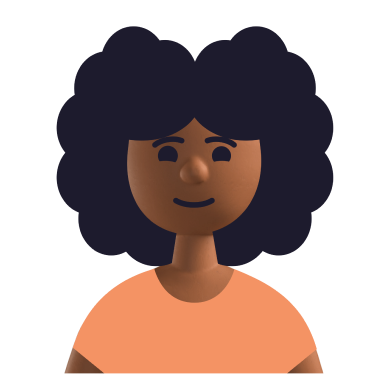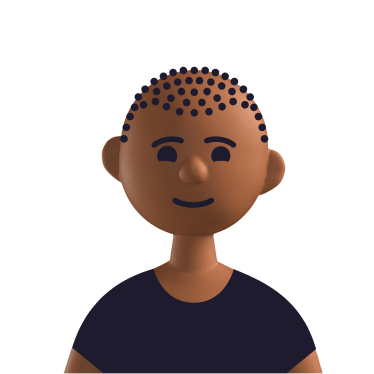

MISS-Collect

In India, 12% of children (aged between 5-14 years) are engaged in hazardous child labour activities, including waste picking.
Our MISS-Collect project takes children out of waste packing and ensures they access child-friendly formal and informal learning institutions, while mothers increase their economic capabilities through sustainable livelihoods. People and corporates also contribute and invest in the solution.
-

Thangaperumal Ponpandi
Country Manager, IndiaThe project offers a holistic solution to address worst forms of child labour in waste collection by bringing together children, mothers, communities and corporates. It creates a pathway towards sustainable change.
Background
In India, 12% of children (aged between 5-14 years) are engaged in hazardous child labour activities, including waste picking. Bangalore is one of the largest hubs for waste collectors with 68% of waste collected by municipal authorities. The remaining is left for scavenging by waste collectors. Further, Bangalore is also a preferred destination for thousands of unskilled migrant workers from other parts of India who migrate with their families.
The children are involved in waste-picking work in hot and humid conditions with unsafe surroundings, which has an adverse impact on their health. Their living conditions are poor and unhygienic which leads to the children contracting numerous infectious diseases. Being a migrated population, there is a language barrier which leads to school dropouts and in a few cases, the children never attend school and start working as waste collectors at a tender age. Being out of school, their risk to abuse increases.
Our Goals
Our Approach
The MISS-Collect project is implemented in Chiranjeevi Layout, Dasarahalli, Tirumanahalli, Rachenahalli in Bangalore, Karnataka, India.
Drop Off Programme
Establishing and running the Early Learning Centres (ELCs) for children less than 5 years and a community level ‘Bridge Course Learning Centre’ facilities
Drop out recovery programme
Support of study materials, digital learning facilities and tuition centres for children
School-family partnership awareness programme
Community level participatory sessions with children and their families
Waste paper collection units
Setting up a system to collect waste paper, enabling livelihood opportunities for women
Self-sustaining business models
Developing business models for income generation such that children do not have to work. This also encourages responsible consumption.
Skill development
Training workshops and on the job training for adults in waste processing, health and safety procedures for workers engaged in waste collection.

Our Results
-
Provided education access to 138 out-of-school children through bridge courses and government school enrollment, with ongoing tuition support.
-
Reached 610 children (ages 3–14) with integrated support for education, protection, and development.
-
Strengthened foundational learning for 150 vulnerable children through Early Childhood Education.
-
Empowered 352 children as peer leaders via 37 children’s forums.
-
Engaged 219 community members in School Management Committees, promoting child-led advocacy and school governance.
Our partners
Implementing partners
Funding Partners
RVO Netherlands
The Netherlands Enterprise Agency (Rijksdienst voor Ondernemend Nederland, RVO) is an executive body of the Dutch Ministry of Economic Affairs.
RVO helps business owners run sustainable, agricultural, innovative or international businesses.